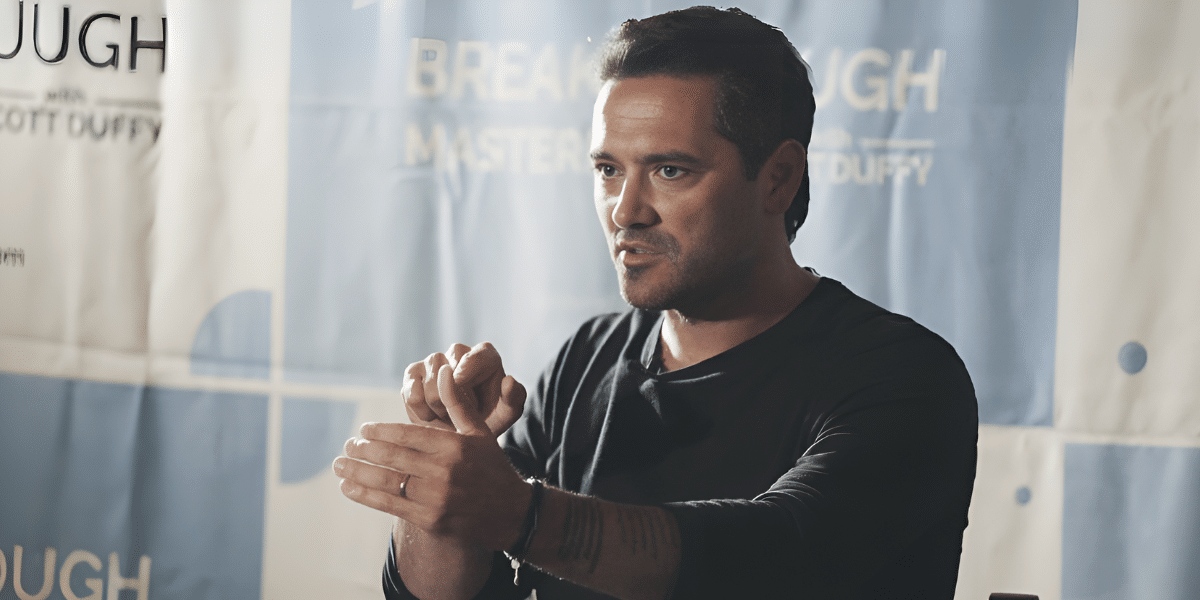In the golden state of California, renowned for its commitment to environmental sustainability and innovation, the nutritional supplement industry is facing a crucial turning point. This sector, celebrated for its contribution to health and wellness, finds itself at the heart of a pressing environmental issue—the extensive use of single-use plastics in product packaging. Although these plastics offer convenience, their impact on the environment has prompted a critical reassessment of sustainability practices and sparked a quest for innovative alternatives.
Unveiling California’s Plastic Predicament
The nutritional supplement market in California, part of a global industry valued at billions, is paradoxically contributing to an environmental dilemma of epic proportions. Its reliance on single-use plastics for packaging has inadvertently fueled a relentless surge of plastic waste, posing a significant threat to ecosystems across the planet. These materials, intended for short-term use, leave behind a long-lasting legacy of pollution, affecting both terrestrial and marine life.
In particular, the consequences of this plastic accumulation are profoundly felt in the oceans. Research from institutions like the Environmental Protection Agency (EPA) and the United Nations Environment Programme (UNEP) highlights the dire implications of plastic pollution on marine biodiversity. These studies reveal the pervasive spread of microplastics in aquatic environments and their ingestion by marine organisms—a concerning cycle that eventually impacts human health through the food chain.
Pioneering Sustainable Solutions in California
In response to this growing environmental challenge, innovative companies across California, including those in tech-savvy San Francisco, are leading a pioneering shift toward sustainability. They are adopting eco-friendly packaging solutions, and even supplement brands like Zylo Nutrition are emphasizing a commitment to “planet-first” practices. This move towards sustainable packaging marks a significant step in reducing the environmental footprint of the nutritional supplement industry, aligning product development with the principles of environmental conservation.
Charting the Path to Eco-Conscious Innovation
The journey towards sustainable packaging involves a complex interplay of creativity, dedication, and technological innovation. It requires a comprehensive reevaluation of materials, supply chain management, product design, and consumer engagement strategies. Despite the obstacles, the shift towards eco-friendly packaging holds immense potential for reducing the ecological impact of the industry, preserving biodiversity, and promoting a more sustainable interaction with our environment.
A Call to Action for California and Beyond
As the nutritional supplement industry in California navigates this critical period, it is confronted with the dual goals of enhancing human health and protecting the planet. The efforts of forward-thinking companies like Zylo Nutrition serve as a testament to the feasibility of achieving these objectives. With consumer awareness and demand for sustainable products on the rise, the industry is poised for a transformative evolution that embraces environmental stewardship and paves the way for a greener future.
In conclusion, while the widespread use of single-use plastics presents a formidable challenge, it also offers a unique opportunity for leadership and innovation in sustainability. By reimagining packaging strategies and embracing eco-friendly alternatives, the nutritional supplement sector in California can significantly lessen its environmental impact. This not only contributes to the global fight against plastic pollution but also heralds a new era of responsible production and consumption, setting a benchmark for industries worldwide.
Published By: Aize Perez












